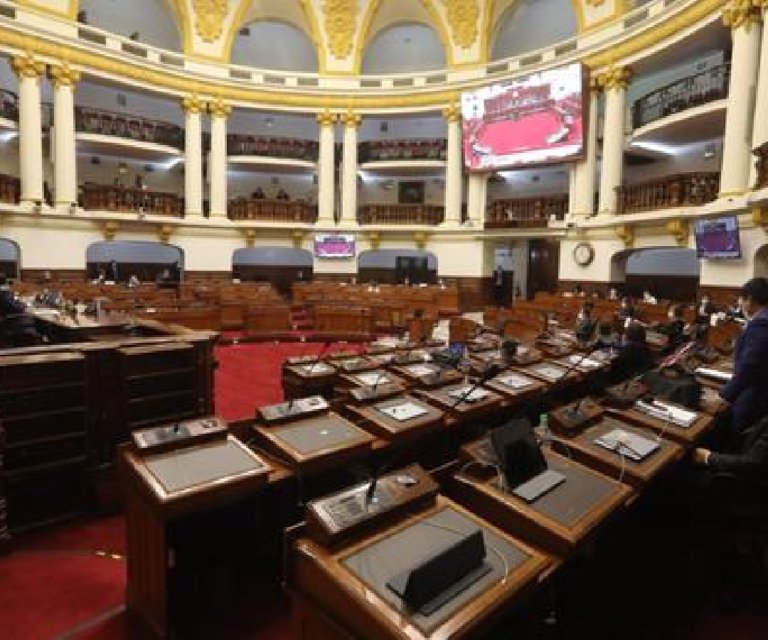Peru’s Congress approved a law on Wednesday that set caps on loan interest rates granted by banks, a measure questioned by the Government and financial institutions.
The law empowers the Central Reserve Bank to set maximum and minimum interest rates every six months for the purpose of regulating the market.
The congressmen who promote the law say that the measure will protect citizens from “usury” of financial services.
“These banks with different names abuse the humble worker, entrepreneur, forcing them to pay taxes because they do not forgive a day … how much more in this pandemic,” said Raúl Machaca, of the Frepap theocratic party, during the debate.
During the months of strict quarantine due to the pandemic, which prevented the population from generating income, users criticized financial entities for penalizing those who could not pay their debts.
The Central Bank of Peru cut the benchmark interest rate in April to a historic low of 0.25%, the lowest level among emerging countries, in an effort to boost the economy. The agency said it had no comment on the matter.
Economy Minister Waldo Mendoza said earlier that the government will appeal to the Constitutional Court to stop the law.
If the law to cap interest rates is approved in Congress, citizens and entrepreneurs will have less chance of accessing loans. Informal markets would be promoted and we would take a step back in financial inclusion. That is not the way.
– Waldo Mendoza Bellido (@WaldoMendozaB) December 30, 2020
“Citizens and entrepreneurs will have fewer possibilities to access loans. Informal markets would be promoted and we would take a step back in financial inclusion,” he wrote on his Twitter account the day before.
– .
